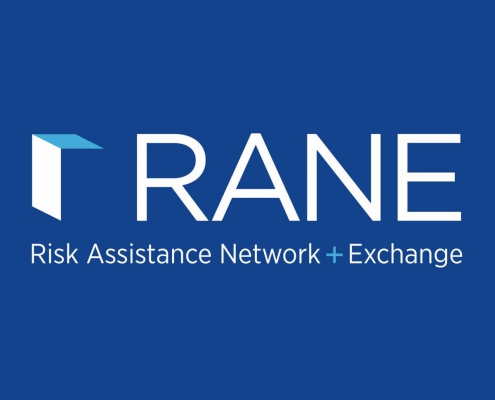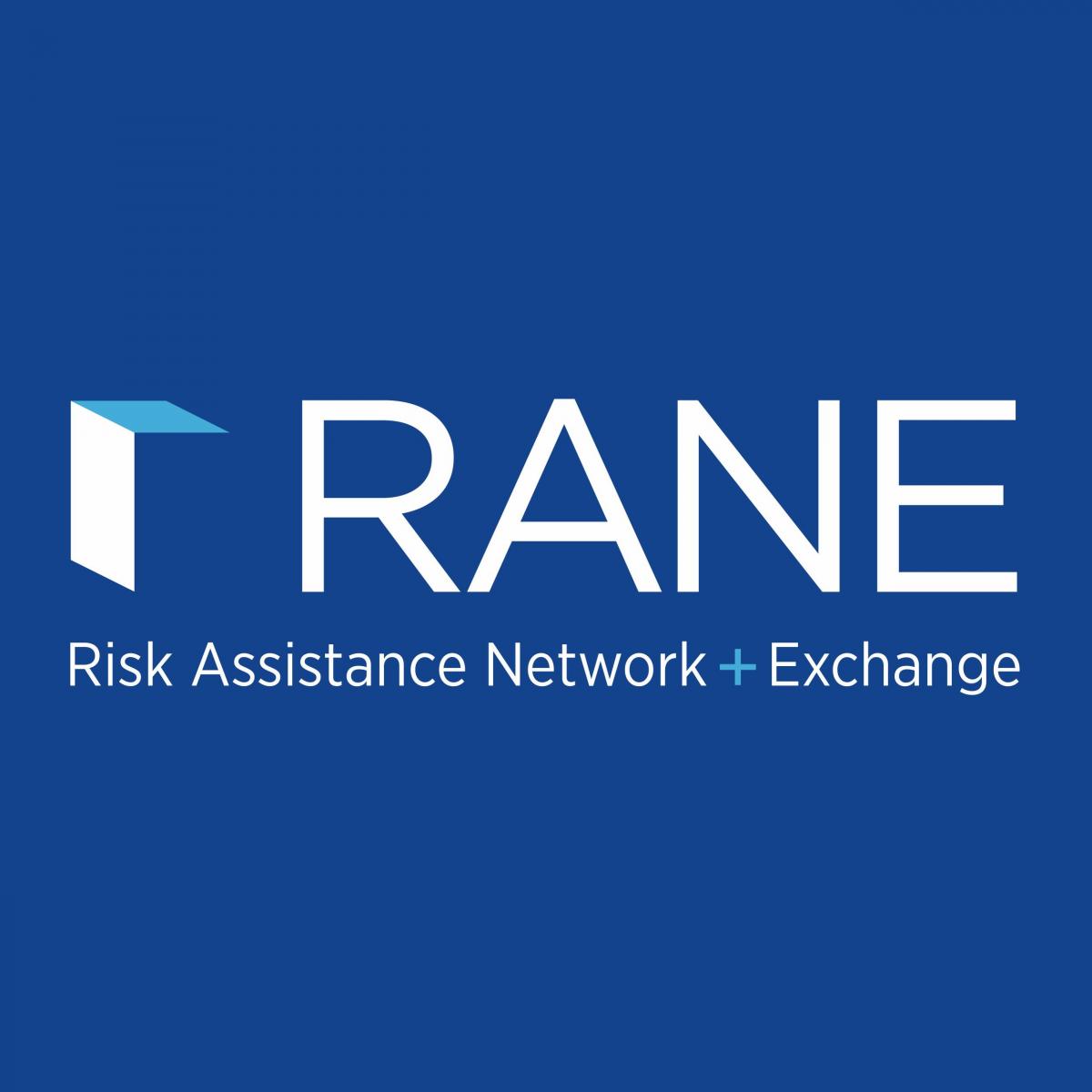Tag Archive for: corporate culture

The Philosopher-for-Hire Who Says Meaningful Work Is an Illusion
Blog
Over the last decade, Andrew Taggart has made a name for himself. Outlets like Quartz and Big Think have described him as a gadfly-for-hire, a practical philosopher who offers his conversational and philosophical acumen to the likes…

What Management Model Best Stems the Spread of COVID-19?
Blog
After reaching pandemic proportions, the novel coronavirus is a perfect example of a high conduct-risk challenge. The rate at which COVID-19 will continue to spread will largely depend on how people manage the risk of contagion and whether…

When Surveillance Is Self-Defeating
Blog
In February, Barclays Bank in the United Kingdom announced that it would end a staff-monitoring scheme after the Trades Union Congress accused
the bank of using “dystopian Big Brother employment practices.”
However, numerous American…

The Case for Diversifying the Prototypical Leader
BlogFostering a diversity of views and styles of leadership could give organizations, among other things, an ethical advantage.

Is There a Problem with Meaningful Work?
Blog, Corporate Culture, Fairness
The eminent philosopher Bertrand Russell, who died exactly 50 years ago at the impressive age of 97, once penned a polemic lauding laziness. Beginning on a humorous note—he wrote of having hopes that, after reading his essay, the leaders…

Meet Alison Taylor, Ethical Systems’ New Executive Director
Blog
Over the years I’ve found it common, interviewing people, to hear that their line of work wasn’t what they envisioned for themselves. A game theorist I spoke to not too long ago, for example, had originally planned to study spacetime…

Leaked Boeing Emails Show Slippery Slope of a Bad Compliance Culture
BlogToday’s hyper-transparent environment has given the public stunning opportunities to review internal communications from executives at leading companies and to pass real-time judgments on the strengths and vulnerabilities of their cultures.…

The Psychology of Ford’s Fiesta and Focus Cover-Up
BlogIt started with a trail of car owners bringing their Fords to repair shops. Eventually, it escalated to an out-of-control hemorrhaging of warranty costs and legal bills. Now Ford faces a federal criminal fraud probe into its conduct. Did the…

Here Is What Replaces Shareholder Primacy
BlogOne day, about a decade ago, an evolutionary biologist from Binghamton, New York, made a decision: He’d use his knowledge of humanity’s social nature to try to understand and improve its social life, especially in his hometown.

Creating and Maintaining a Healthy Corporate Culture: RANE podcast with Azish Filabi
Blog In this podcast, (Risk Assessment Network + Exchange) RANE’s Serina Vash sits down with Azish Filabi, Executive Director, Ethical Systems, to discuss what drives a healthy corporate culture and best practices for creating and maintaining that culture. Through research and collaboration with the best academics in the field, Azish dedicates her time to helping businesses assess and promote ethical behavior and culture in their organizations.
In this podcast, (Risk Assessment Network + Exchange) RANE’s Serina Vash sits down with Azish Filabi, Executive Director, Ethical Systems, to discuss what drives a healthy corporate culture and best practices for creating and maintaining that culture. Through research and collaboration with the best academics in the field, Azish dedicates her time to helping businesses assess and promote ethical behavior and culture in their organizations.
